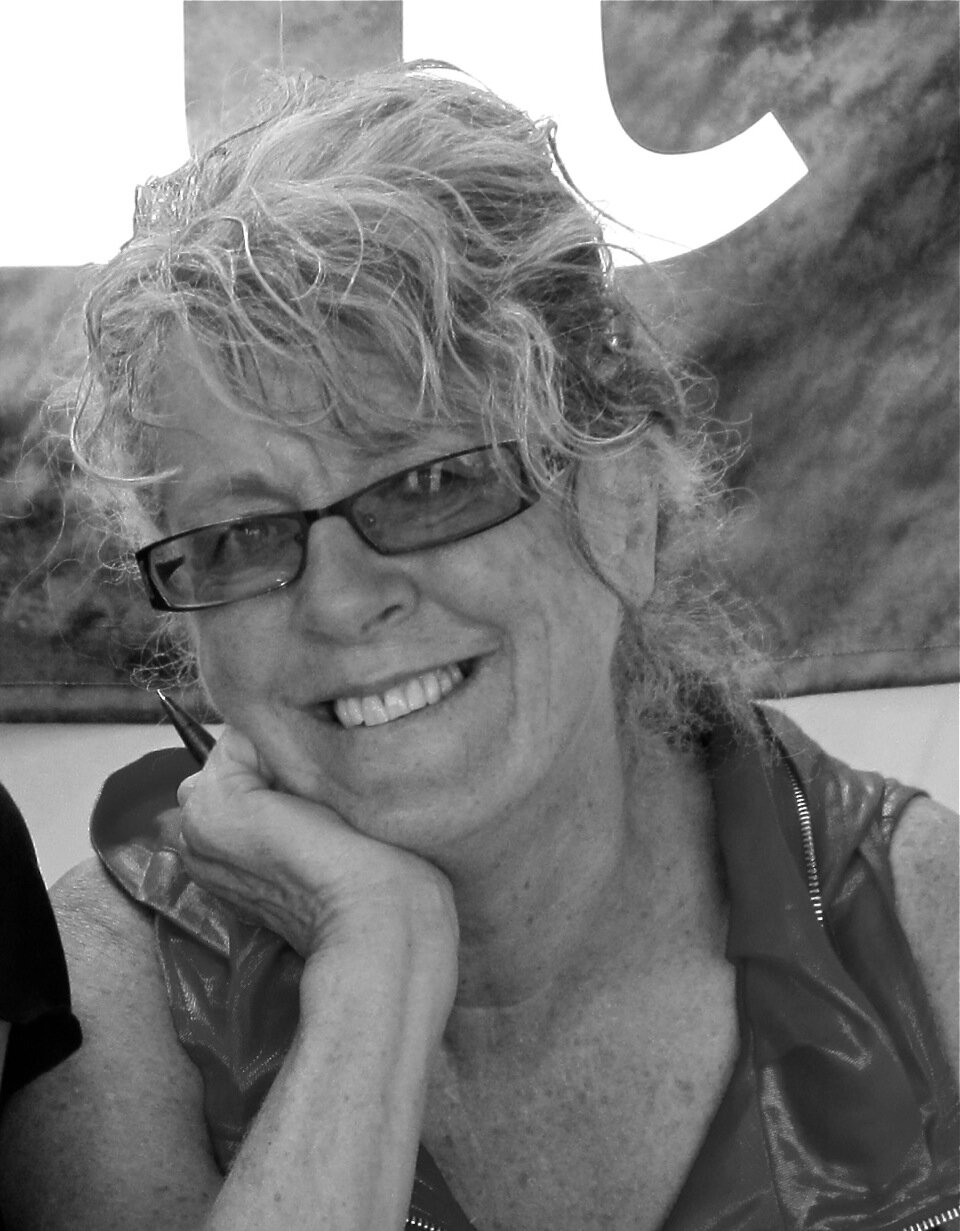 Image 1 of 2
Image 1 of 2

 Image 2 of 2
Image 2 of 2



Daughters of the Dreaming
Women are rarely mentioned in the literature as owners of country in their own right or as decision-making individuals; they appear as wives and mothers, their relationship to the jukurrpa always mediated through another. Yet I believe women enjoyed direct access to the jukurrpa from which flowed into rights and responsibilities in land, a power base as independent economic producers and a high degree of control over their own lives in marriage, residence, economic production, reproduction and sexuality. Living in the community, developing friendships that have spanned decades, award-winning author Diane Bell shines a light on the importance of women's role in Australian Aboriginal desert culture.
As maintainers of land, ritual and culture, Indigenous women of central Australia share the patterns of their lives in this remarkable and enduring book. Daughters of the Dreaming (first published in 1983) is an outstanding study of Aboriginal women's lives, and a fine precursor to her award-winning Ngarrindjeri Wurruwarrin.
2002 | ISBN 9781876756154 | Paperback | 230 x 150 mm | 242 pp
Women are rarely mentioned in the literature as owners of country in their own right or as decision-making individuals; they appear as wives and mothers, their relationship to the jukurrpa always mediated through another. Yet I believe women enjoyed direct access to the jukurrpa from which flowed into rights and responsibilities in land, a power base as independent economic producers and a high degree of control over their own lives in marriage, residence, economic production, reproduction and sexuality. Living in the community, developing friendships that have spanned decades, award-winning author Diane Bell shines a light on the importance of women's role in Australian Aboriginal desert culture.
As maintainers of land, ritual and culture, Indigenous women of central Australia share the patterns of their lives in this remarkable and enduring book. Daughters of the Dreaming (first published in 1983) is an outstanding study of Aboriginal women's lives, and a fine precursor to her award-winning Ngarrindjeri Wurruwarrin.
2002 | ISBN 9781876756154 | Paperback | 230 x 150 mm | 242 pp
Awards
1993 Finalist, JI Staley Prize
Reviews
‘This volume should be held in all serious libraries … concerned with anthropology or with a less sexist look at human behaviour … a classic.’
CHOICE, American Libraries Association Journal
‘… a leap forward in Aboriginal anthropology by an increasing number of young “issue oriented” and “interpretive ethnographers”. Daughters of the Dreaming is an outstanding example of this new breed.’
Jane Goodale, American Anthropologist
‘The energy, intelligence and sheer talent deployed in this work are formidable.’
Faith Bandler, The Sun
‘A landmark both of feminist scholarship and of anthropological fieldwork.’
Women’s Review of Books
‘[Daughters of the Dreaming] represents a major contribution to our knowledge of past and present Aboriginal societies and demonstrates the significance of women in every aspect of community existence’
Isobel White, Aboriginal History
